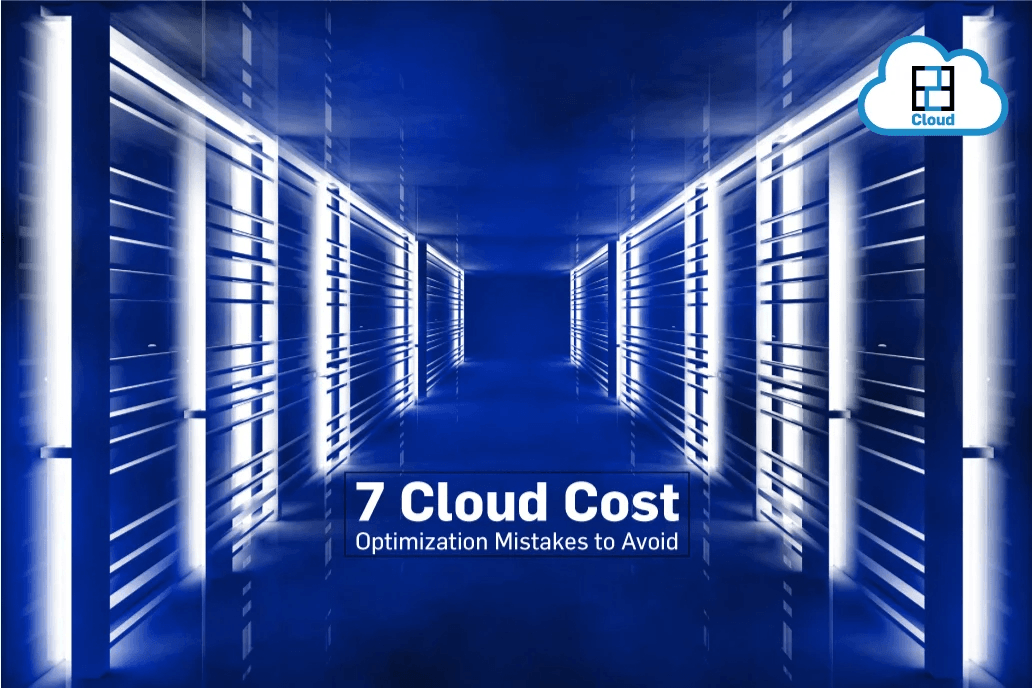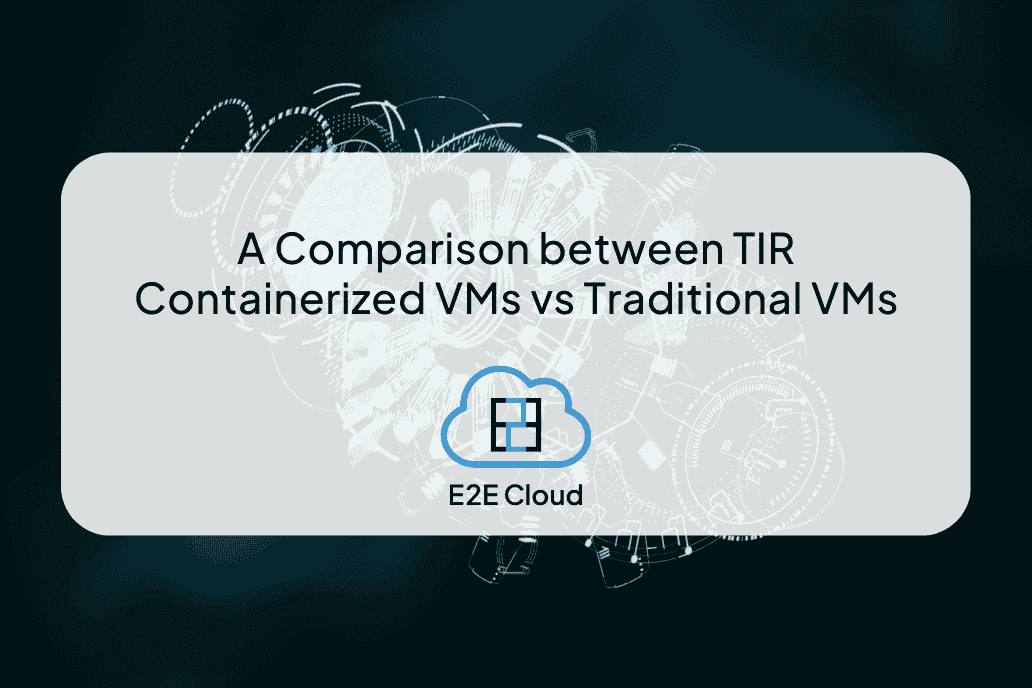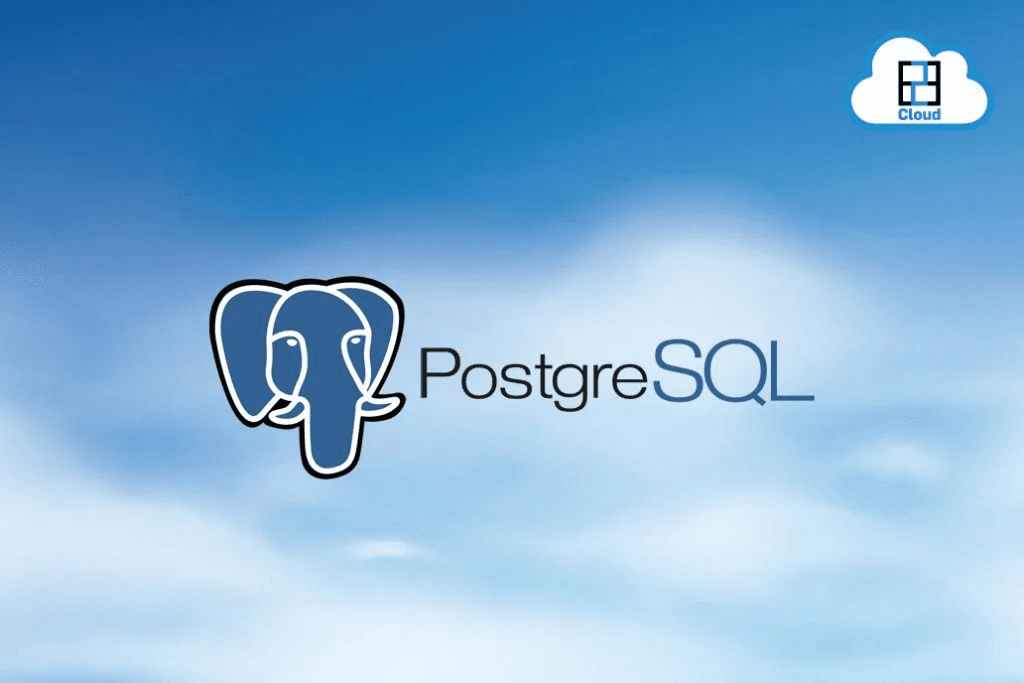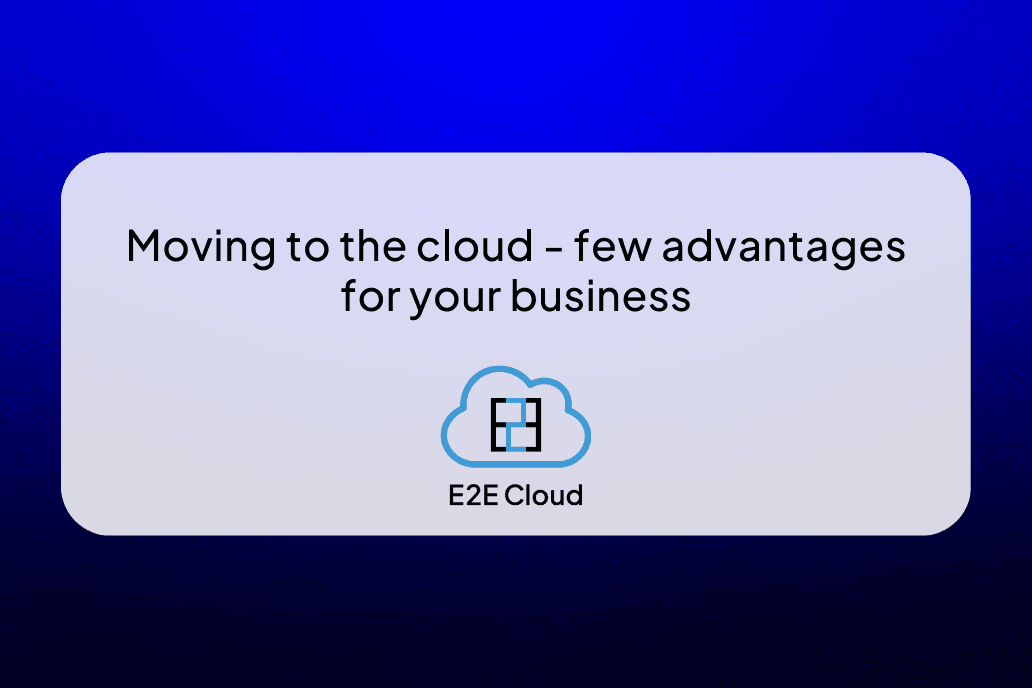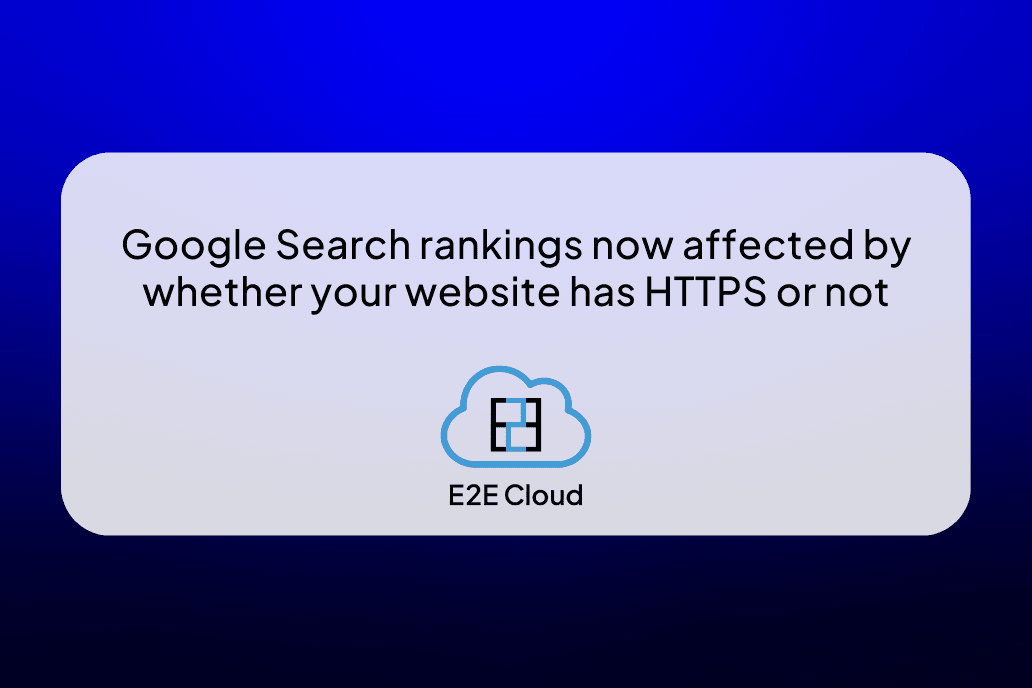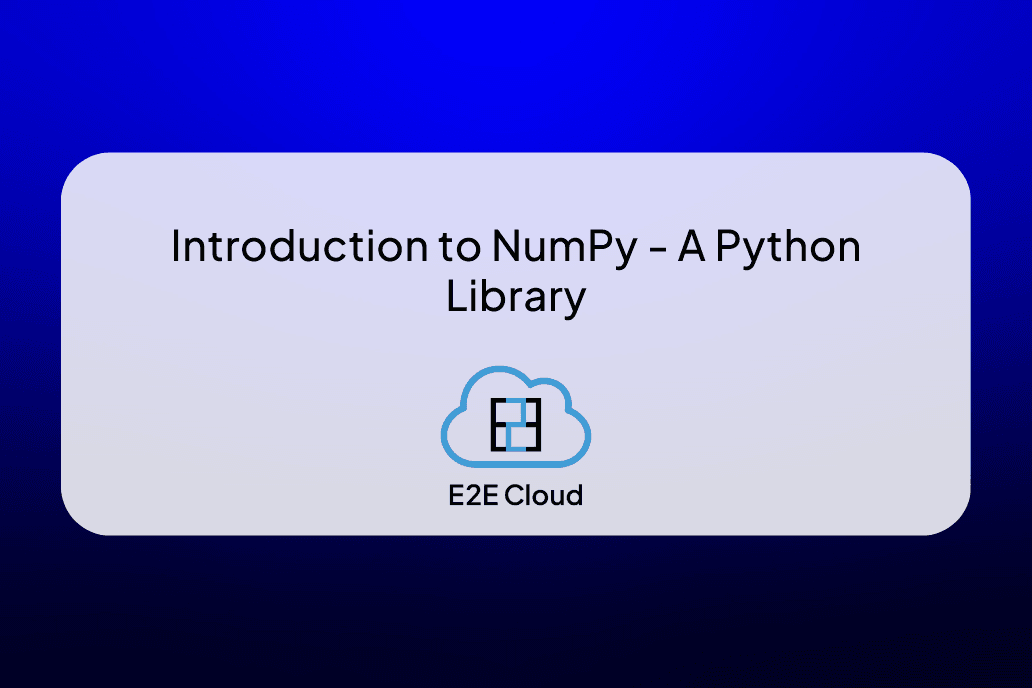The cloud has mostly been reduced to commodity status. As a result, most business cloud applications only call for a modest selection of hardware to be used in their cloud environment.
Most organizations require essential cloud services, such as computation, block and object storage, memory, CI/CD and testing facilities, backup and recovery, and low-risk cloud infrastructure services or multi-cloud choices. Therefore, E2E Cloud is identified as an alternate cloud platform that serves the expanding segment of the cloud services industry, clearly distinguished from the Big Three hyper-scale public cloud providers — Amazon Web Services (AWS), Microsoft Azure, and Google Cloud Platform (GCP).
Beyond AWS, Azure, and GCP, enterprises have exciting choices, but buyers should be aware that not just any cloud platform qualifies. Many IT executives utilize several alternative clouds and implement a multi-cloud strategy when moving their remote workforces to the cloud system, scaling their data and capacity development, and being more agile.
Why? Since not every company is hyper-scale. In general, small and medium-sized enterprises (SMEs) are less likely to require and pay for a hyper-scale portfolio. Even most business applications require a limited number of essential cloud storage and hardware. As a result, alternative cloud service providers are a better choice for many businesses. Organizations have numerous reasons to explore alternative cloud providers as part of their cloud infrastructure strategy, from speed and reliability equivalent to hyper-scalers to improved ease of use and reduced prices.
Rising significance of alternative cloud service providers
Following are the reasons for the rising significance and usefulness of alternative cloud platforms in today's world:
The alternatives offer core tech at a lower cost: Alternative clouds are sometimes misunderstood only for businesses with specialized cloud computing requirements. Whereas alternative clouds frequently provide unique services. CI/CD testing facilities, backup and failover protection, privacy, and compliance are generally all that most businesses, large or small, need in the way of essential cloud services, referred to as core primitives. These are things like computational power, memory, and connectivity.
While pricing is an essential factor for companies, the price-to-performance ratio is even more critical. In another way, purchasers must show that higher prices are worth it by delivering superior results. This ratio is where alternative cloud providers thrive, providing the same computing, storage, and network connectivity as the leading hyper-scalers but at a considerably lower price. In addition, the unique features and support of the alternative cloud benefit organizations of any size.
IT organizations want alternatives to hyper-scalers cloud services: When it comes to delivering new products and meeting consumer needs, programmers are pushed to their limits. Nearly half of developers stated that the rate at which they are required to
produce and deliver software had increased considerably during the epidemic. System flow and restrictions have also emerged as a new obstacle in the age of remote work.
As a result, they look to other clouds for key capabilities and performance while they want to release codes rapidly. In addition, most programmers can now acquire the resources they need to create their software without being burdened by hundreds of items they'll use, thanks to alternative cloud services. But, again, most people are only interested in finding the bare essentials—servers, databases, Kubernetes, and other essential infrastructure elements.
Because of different clouds, they no longer have to nag to acquire the architecture they want to run their applications. The benefit is that developers may return to developing code, curating documentation, and other critical tasks.
Alternative clouders will bridge the skill gap in cloud computing: The cloud computing skills gap across IT departments is one of the most significant roadblocks to broader cloud computing adoption. Eighty percent of cloud leaders say they are now hindered by a lack of cloud skills and expertise. This problem is only going to worsen in the future. Alternative clouds will be essential in assisting more companies in profiting from cloud services by removing needless intricacies and reducing the cloud learning curve. Businesses who wish to take advantage of cloud computing but lack the skills to use the most sophisticated technologies would benefit from alternative cloud platforms.
Conclusion
Indeed, some individuals opt to pay for AWS, Azure, or GCP to access the multitudes of technologies they provide. However, not every business requires computer vision, voice comprehension, super-advanced networking, and highly efficient database queries. As a result, only a small fraction of workloads use AWS or another hyper-scale cloud provider's provider-sets.
IT organizations have chosen alternative Cloud Platforms instead of hyper-scale cloud service providers; like E2E Cloud has a natural and perhaps better-suited cloud platform.
